By Dr. Charisse Beaumont, CEO and Co-founder, Black Lives in Music (BLiM)
When music events are cancelled, the conversation often revolves around financial loss or fan disappointment. But for Black and Asian-led events, cancellations often reveal a far more troubling undercurrent—one rooted in systemic discrimination, over-policing, and licensing bias.
From Afrobeats and Bollywood nights to drill and gospel concerts, events showcasing Black and Asian cultures are disproportionately targeted by authorities. Behind the scenes of these shutdowns lies an ongoing struggle for equity, transparency, and cultural recognition within the live music industry.
The Injustice Hidden in Plain Sight
At Black Lives in Music (BLiM), we have consistently witnessed how music events led by Black promoters or designed for ethnically diverse audiences face disproportionate scrutiny. These are not isolated incidents—they reflect a systemic bias in licensing practices that affects artists, promoters, venue owners, and fans.
The licensing process, which should be a transparent pathway to promoting cultural exchange and entrepreneurship, has instead become a barrier. Many Black and Asian promoters are left in the dark about why their applications are denied or events cancelled. This lack of explanation doesn’t just hinder logistics—it enforces inequality, blocking access to stages, audiences, and income.
Earlier this year, I testified at the London Assembly to highlight this very issue. I spoke about the discriminatory lens through which Black-led music events are viewed. Whether it’s a gospel choir or a drill performance, events associated with Black communities are often assumed to be higher risk, based not on evidence, but on stereotypes.
Policing Under the Guise of “Public Safety”
A glaring example of over-policing was seen at an Afrobeats event in 2023. Despite having security measures in place, the event was met with aggressive policing and was eventually shut down. The justification? “Public safety.” But this term is often misused as a catch-all to suppress events tied to Black or minority ethnic culture.
Rather than addressing actual safety issues, the authorities use the public safety argument as a blunt instrument to curtail gatherings they deem problematic. It’s a justification that rarely receives scrutiny—and one that has silenced far too many voices in the music community.
Adding to this pressure is the unsettling presence of controversial watchlists like the Gangs Matrix. Many Black artists and promoters find themselves on such lists without due process or explanation. This results in heightened surveillance and increased difficulty securing venues.
While Form 696—a policing form once used to monitor Black music events—was abolished in 2017, its legacy still looms. The attitudes and fears it institutionalized haven’t disappeared. Today, many venues continue to make risk assessments using stereotypes associated with specific genres or audiences. A single negative headline about a Black-led event can lead to mass cancellations, while white artists in the same genre face no such consequence.
Double Standards in the Music Industry
This double standard is perhaps one of the most frustrating aspects of the problem. Take, for example, how grime and drill music are treated. When performed by white artists, the genre is often celebrated as edgy and innovative. When performed by Black artists, it’s painted as dangerous and disruptive. This inconsistent narrative is not only unfair, but it also creates barriers for Black talent to grow, thrive, and be acknowledged for their artistry.
The situation is equally troubling across the UK. Cities like London, Birmingham, and Manchester boast vibrant multicultural scenes, yet promoters from these cities continuously face licensing obstacles. This is not an isolated local issue—it’s systemic, and its reach extends beyond borders.
Internationally, the story echoes. Across the Atlantic, in the United States, similar patterns of over-policing are seen at hip-hop and other Black music events. A groundbreaking study by the University of Wisconsin, in collaboration with the Urban Community Arts Network (UCAN), challenged the long-standing myth linking hip-hop with violence. The study, led by Karen Reece, analyzed police responses to Black music events and found clear patterns of bias.
Karen Reece now sits on the REMEL Research Steering Committee, helping to adapt this research framework for the UK. Her work is essential in highlighting how systemic racism transcends geography and how data can be used as a powerful tool to fight discrimination.
A Culture Silenced Before It Begins
The real impact of these licensing biases isn’t just felt on the day of an event—it’s felt in the dreams deferred, the creativity stalled, and the entrepreneurial spirits worn down.
Artists and promoters become hesitant to plan new events. Why pour time, energy, and money into a show that may be cancelled at the last minute? Why risk the potential financial losses, the reputational damage, or the emotional toll? This chilling effect limits the growth of Black music culture and prevents emerging talent from gaining traction.
In essence, discriminatory licensing doesn’t just shut down events—it shuts down culture. It limits access to shared joy, community celebration, and artistic innovation. It narrows the scope of what’s heard, seen, and valued in the music landscape.
Building a Fairer System: The REMEL Project
This is precisely why BLiM, in partnership with The Musicians’ Union, LIVE, the Mayor of London, and other stakeholders, launched The REMEL Project (Racially Equitable Music Event Licensing). The project aims to expose, document, and ultimately end discriminatory licensing practices.
The REMEL Project is working to:
- Collect Data: To understand the full scale of the problem, we need hard evidence. REMEL is conducting extensive research and surveys to map the disparities in event licensing across the UK.
- Raise Awareness: Many people in the music industry are unaware of how licensing processes work—or how they don’t work—for Black promoters. By shining a light on these practices, we can start holding institutions accountable.
- Recommend Solutions: The goal is not just to expose the problem but to fix it. REMEL will provide recommendations for local authorities and venues to ensure licensing decisions are fair, transparent, and free of bias.
But we cannot do this work alone.
The Role of the Music Community
To dismantle a system this entrenched, we need collective effort. We need artists, fans, promoters, venue owners, and music lovers to stand up and say enough is enough. Participate in REMEL’s ongoing survey. Share your stories. Hold venues and councils accountable. Advocate for transparency in decision-making.
Because when a Black-led event is cancelled due to unjust policing, it’s not just a party that gets shut down—it’s a cultural movement that’s been silenced. It’s a voice that goes unheard. It’s creativity that never reaches the stage.
The Path Forward
Our industry prides itself on innovation, expression, and diversity. But it cannot claim to be inclusive while still operating under outdated and discriminatory licensing models.
We must ensure that all music—regardless of who performs it or who it’s for—is given equal opportunity to flourish. We must commit to real equity, where no genre, community, or culture is unfairly scrutinized or shut down.
It’s time we recognized what’s really being lost when events are unfairly cancelled. Not just revenue or a night out—but access, culture, and community. Let’s build a live music industry that celebrates diversity rather than fears it. Let’s replace bias with transparency and turn barriers into bridges.
Because music, in all its forms, deserves to be heard.


